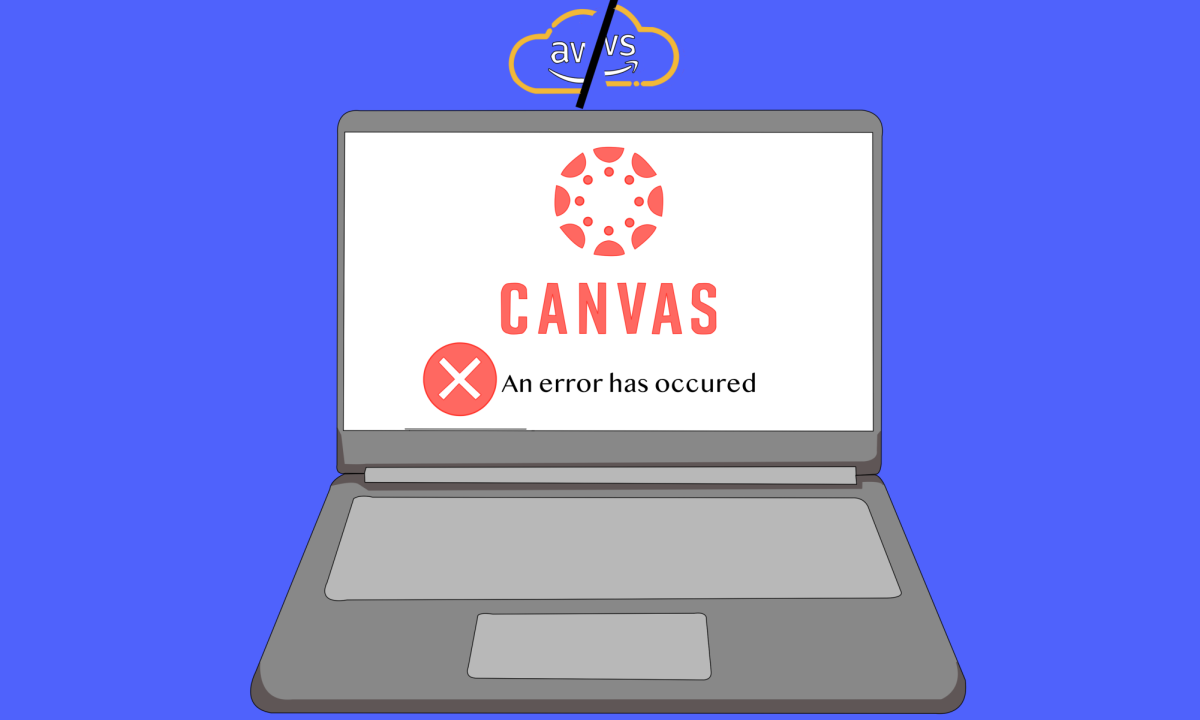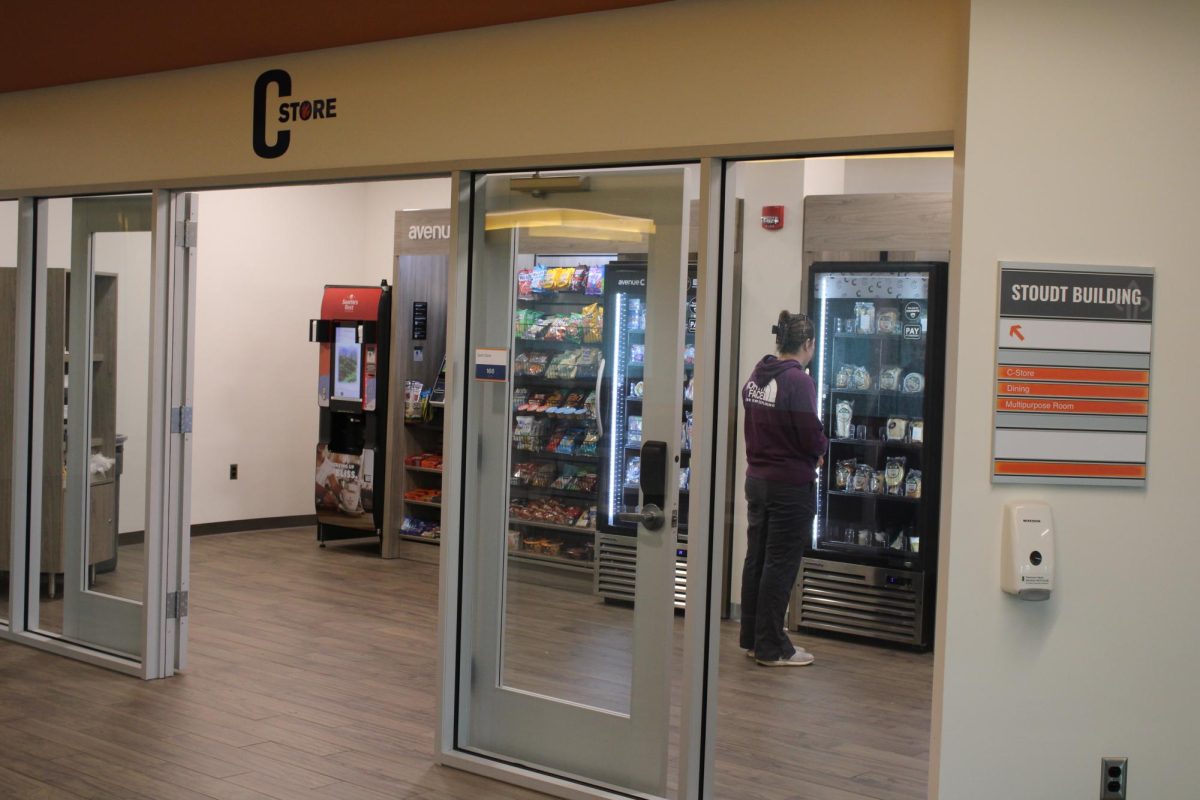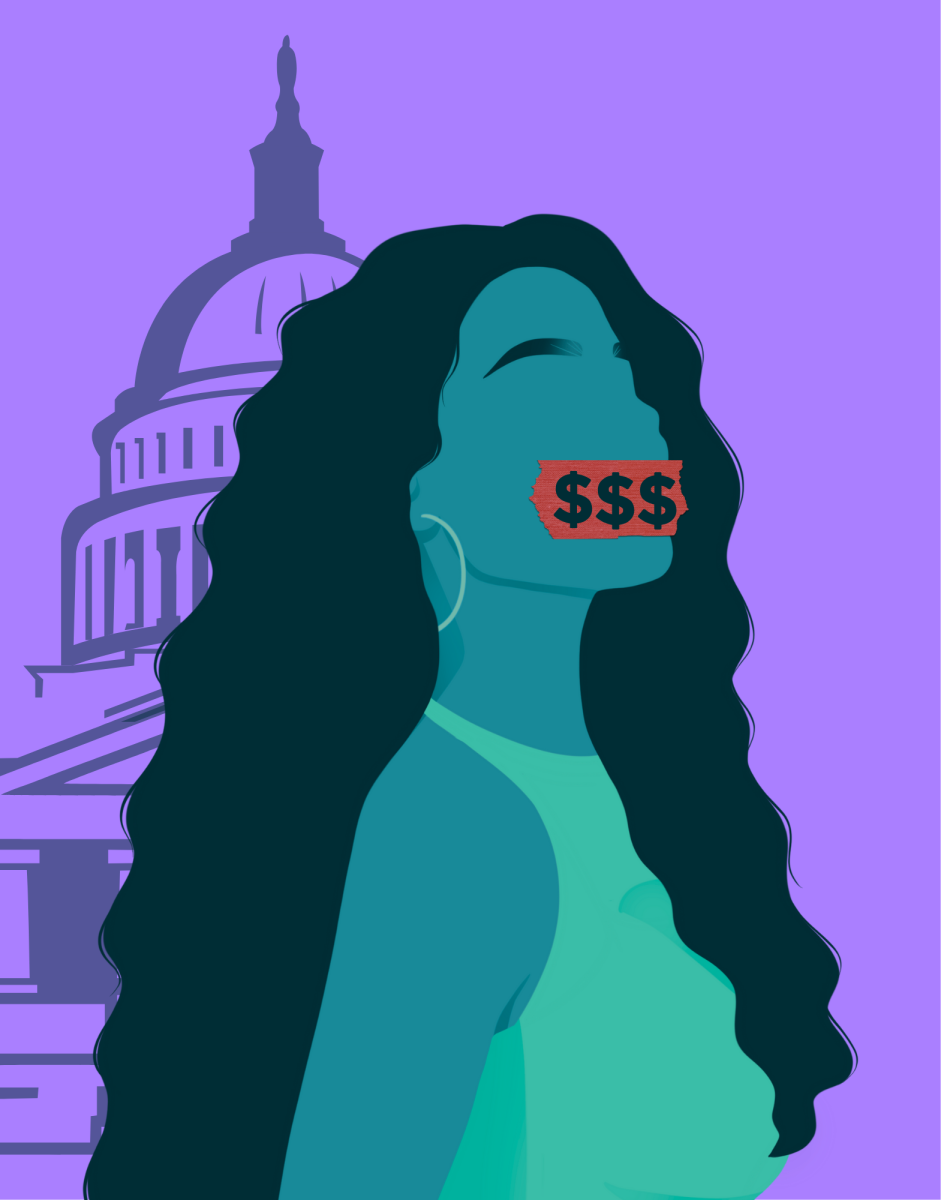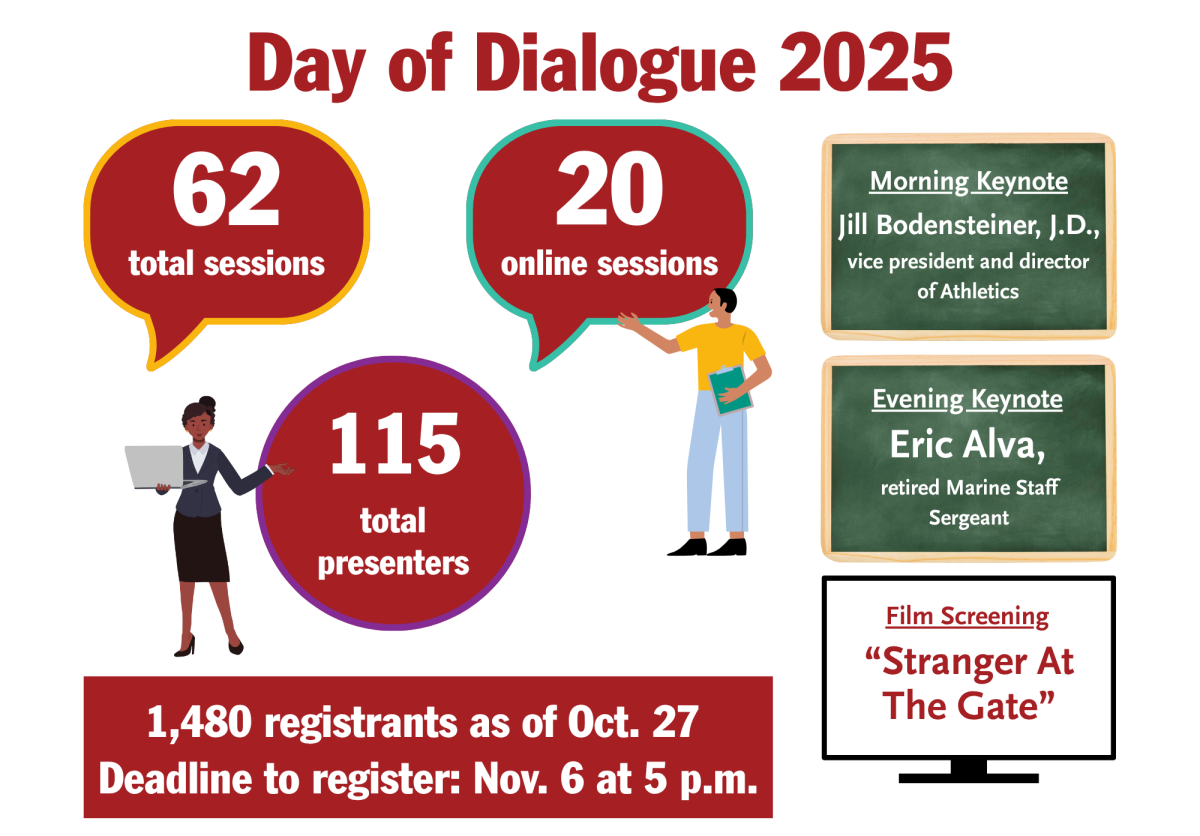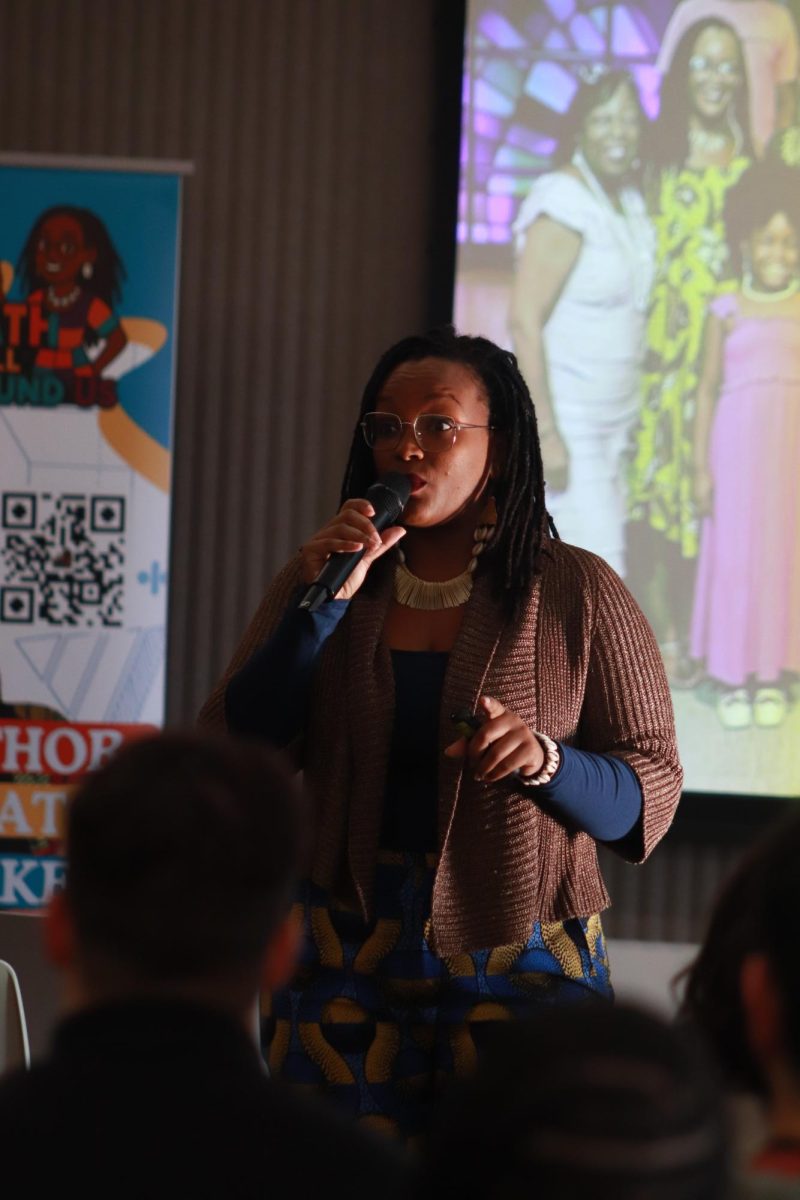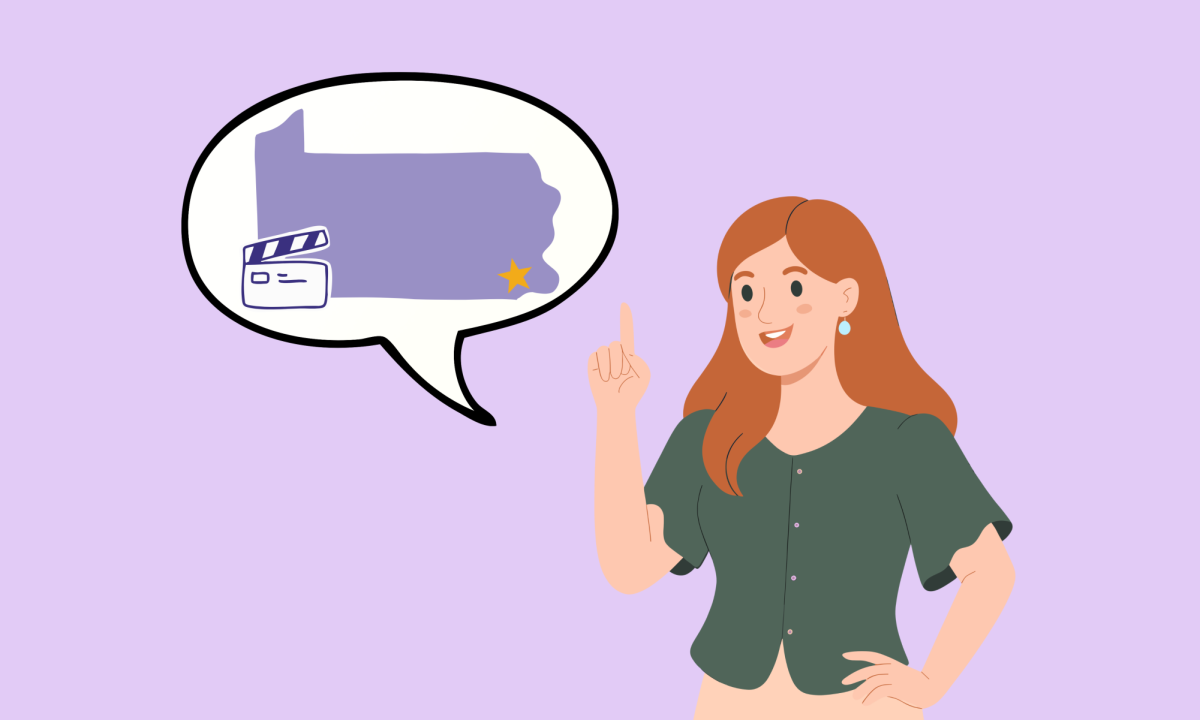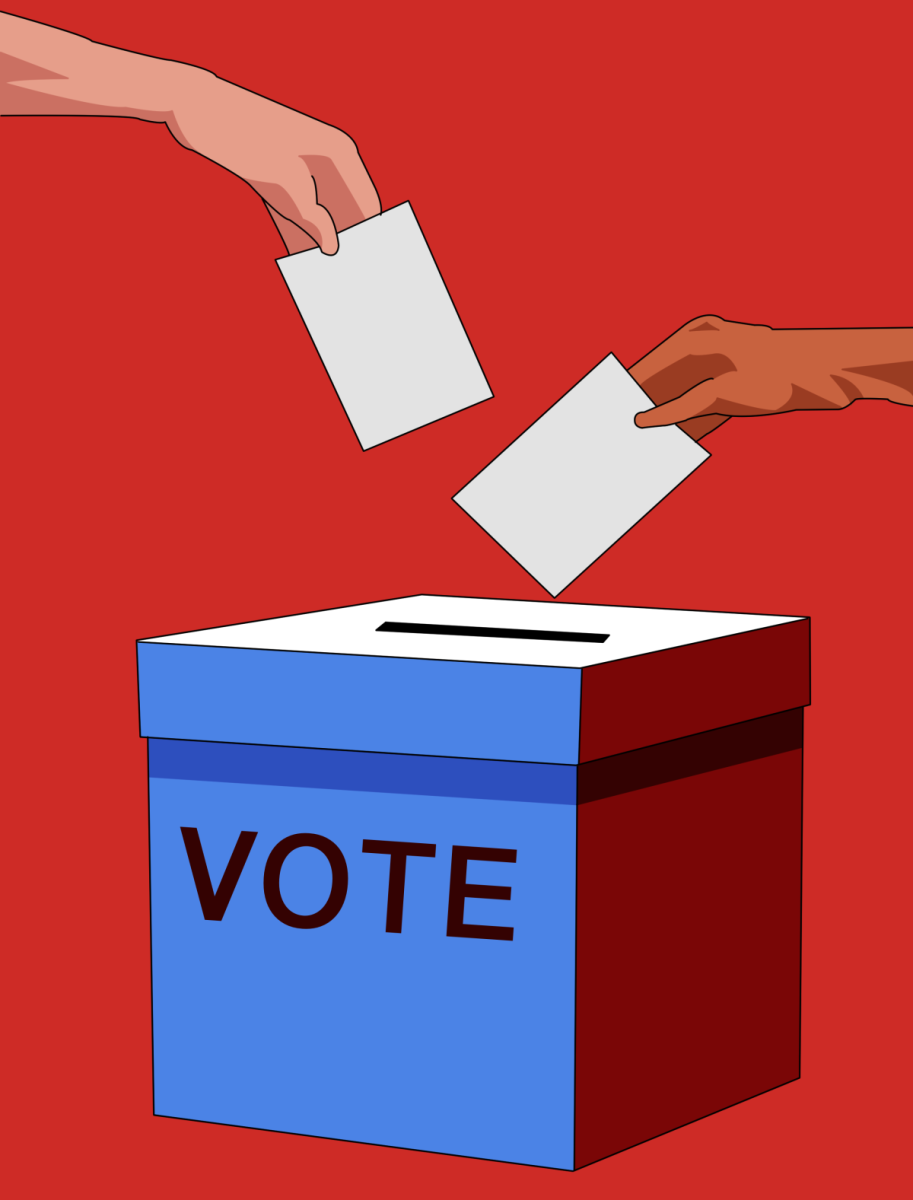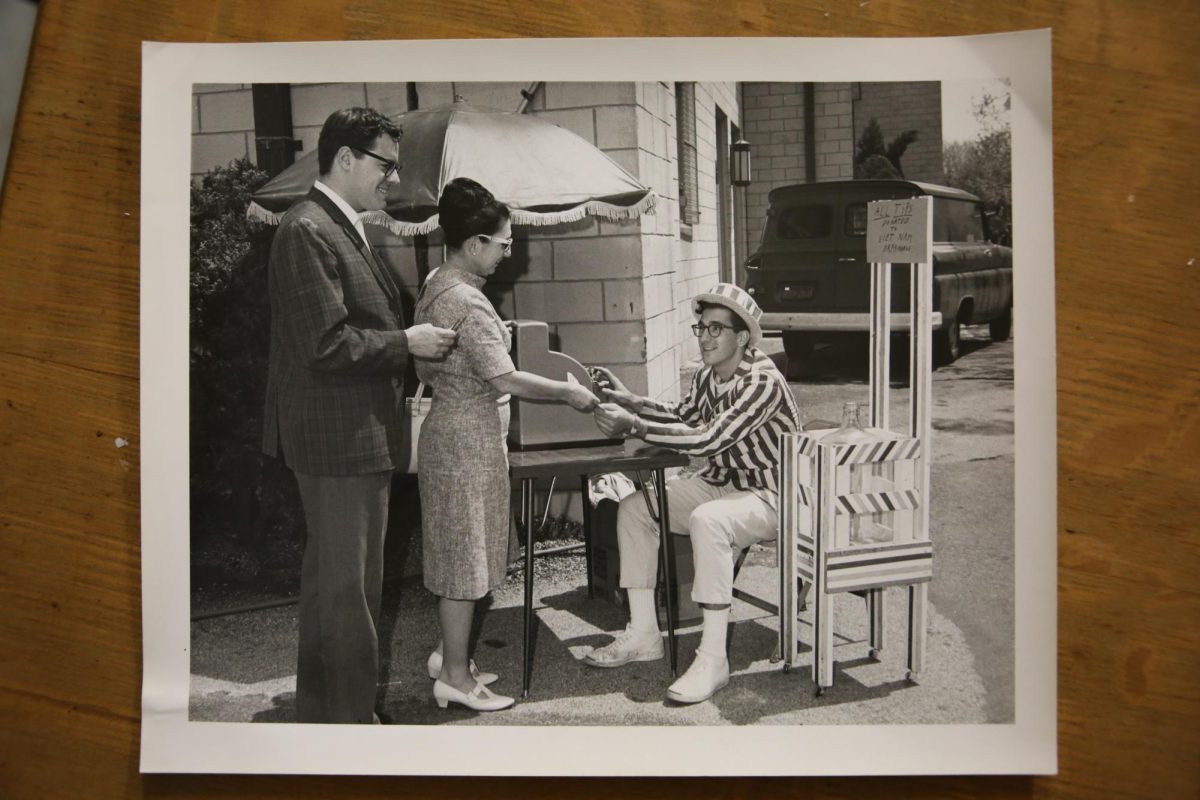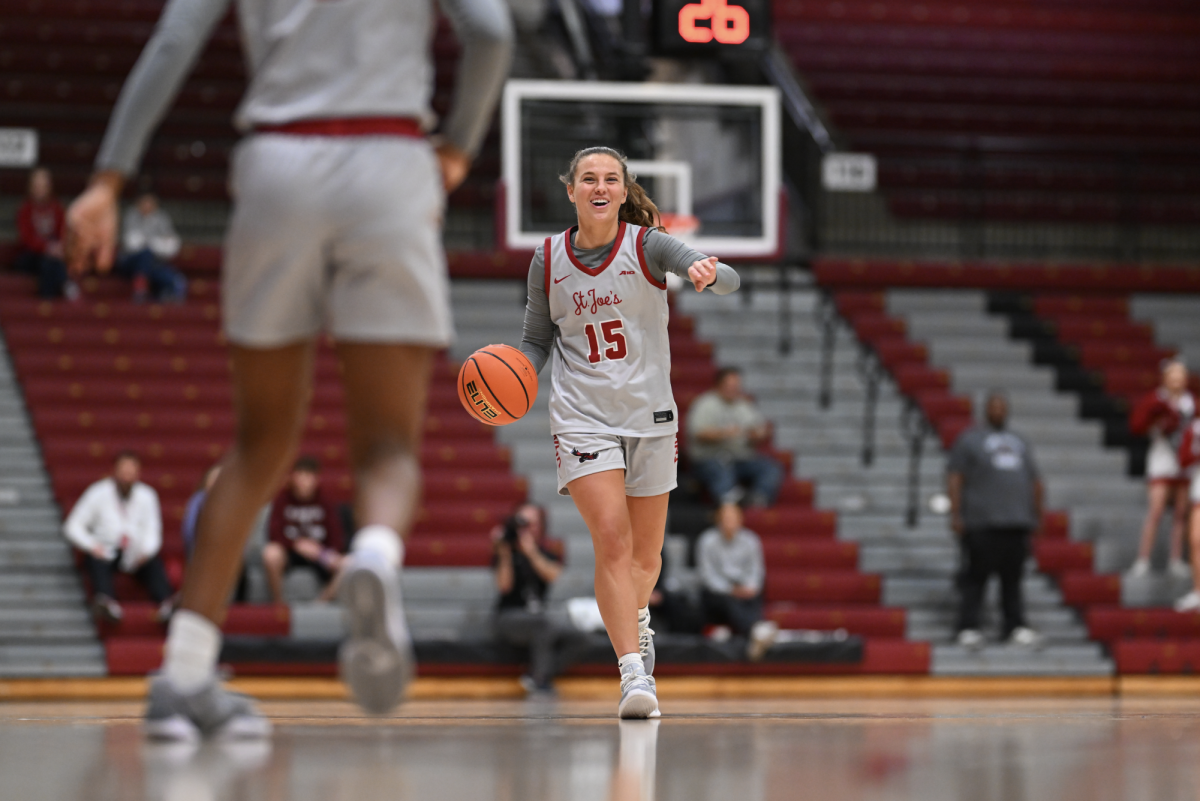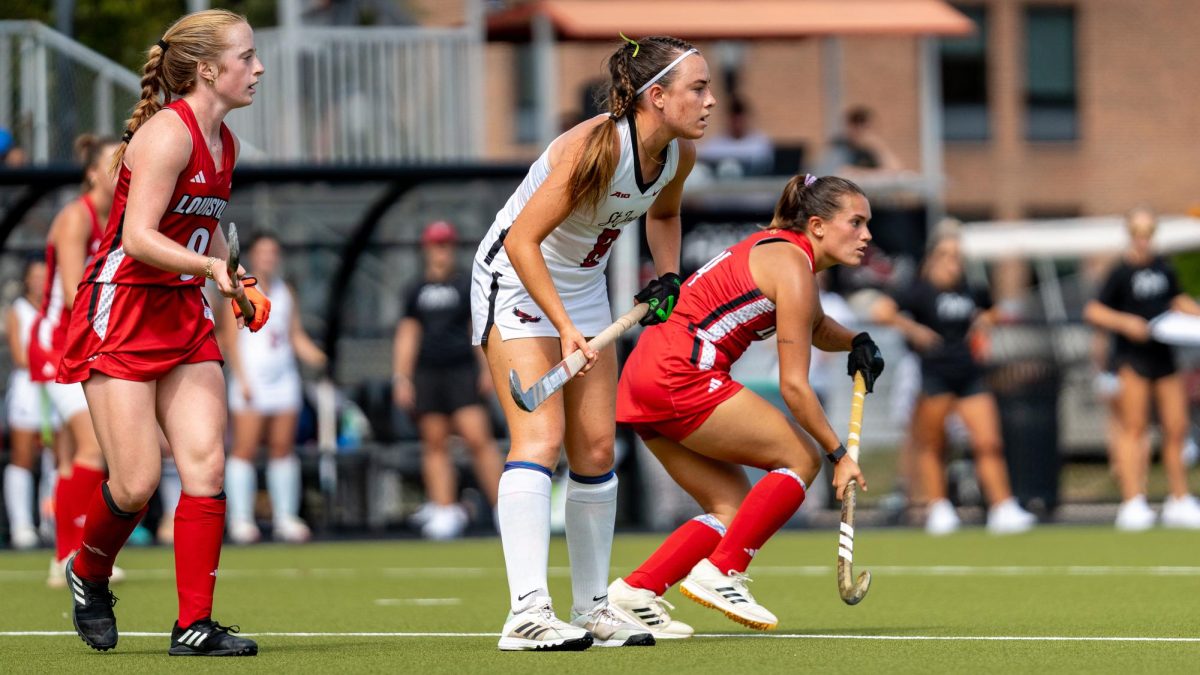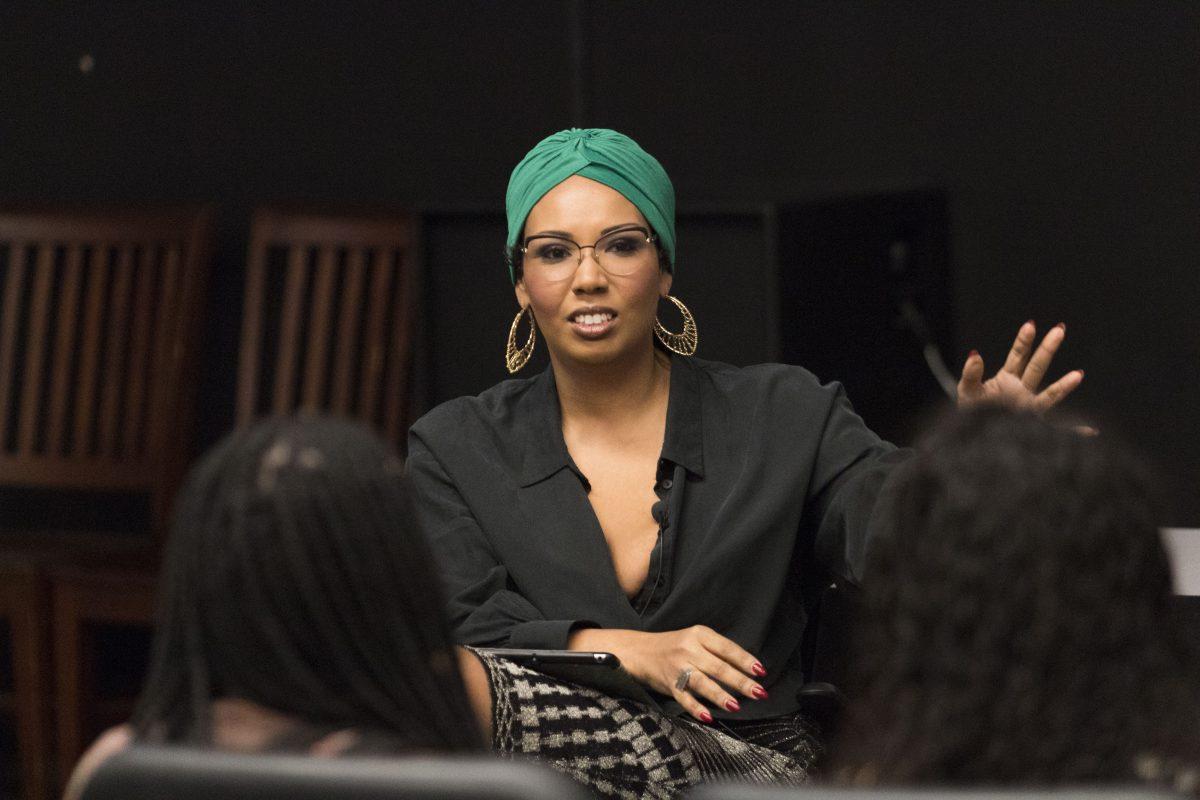Diversity advocate on fostering community
The audience stopped talking as soon as Jamilah Lemieux, advocate for racial equality, social justice and LGBT rights, sat down in front the the audience in the Forum Theatre on March 20. Lemieux did not mince words and began speaking about what she knows best—inequalities in race, gender, sexuality, allyship and privilege.
“So. Privilege,” Lemieux said, “Specifically, the rewards that are bestowed upon those who have it, and the challenges that face those that do not have it, or do not have as much privilege, has been a constant theme in the news cycle as long as there has been a news cycle.”
Lemieux, who was hosted by the Office of Student Inclusion and Diversity as the featured speaker for the Diversity Lecture Series, said acknowledging individual privileges is the first step to becoming an ally.
“Take the time to understand the ones [privileges] that you have, even if you are a member of a marginalized group, or two, or three yourself,” she said. “Being able to sit, walk and stand without assistance or medical intervention, is a privilege. Having access to a college education is a privilege, no matter how hard you had to work to be here.”
After this acknowledgement, Lemieux said, comes the important question that everyone should ask.
“What can you do with your privileges that can be of benefit to those who do not enjoy access to them?” Lemieux said.
Allyship is standing up for those without privilege. Whether it be to parents or grandparents, a teacher or even a significant other, it will feel uncomfortable, but it must be done, Lemieux said.
“We can’t say that we want to live in a better world, that we want more for humanity, if we are unwilling to be uncomfortable on the path there,” Lemieux said.
Lemieux said that it is the responsibility of those with privilege to use their voices and their platforms to invite diverse populations into the conversation.
“It’s recognizing where you can give those privileges up,” Lemieux said. “And where, if you can’t get rid of them altogether, you can share them, you can leverage them to help other people.”
Lemieux’s lecture was during Women’s History Month and provided a time and space for people to recognize past accomplishments of women and acknowledge their voices. Amber Abbas, Ph.D., assistant professor of history, said it’s important to draw attention to Women’s History Month, but the focus should be on acknowledging the accomplishments of women.
“The risk is pushing it into a space where it feels somehow outside of regular history,” Abbas said. “Women’s history is regular history.”
Kelsey Welsh ’22 said the biggest takeaway that she got from Lemieux’s lecture was that she can respond appropriately to someone who may say or do something offensive.
“When going out into the world and talking about social justice and bringing these issues to light, the important thing to remember is to stay informative, and the goal is to educate people when they step out of line,” Welsh said.
Abbas said that she felt one of the most important messages that Lemieux communicated during her lecture was about how to belong in communities that include many different kinds of people.
“The diversity lecture series I feel is one of the many ways in which we can bring people together around difficult conversations about belonging, which are not just about race and are not just about sexuality,” Abbas said. “They’re about how we create community that we are all committed to and all a part of sustaining.”
Lemieux said everyone falls short when it comes to being an ally, sometimes by using an incorrect phrase or interpreting a situation with the biases that they have been raised with, but how people respond to these mistakes authenticates their position of allyship.
“I am of the opinion that we are all capable of making the world a safer and more tenable place for someone,” said Lemieux. “You don’t have to be an activist, or a leader, or a famous person, or an expert of any sort to operate as if all human beings have a right to exist and to share the world.”

